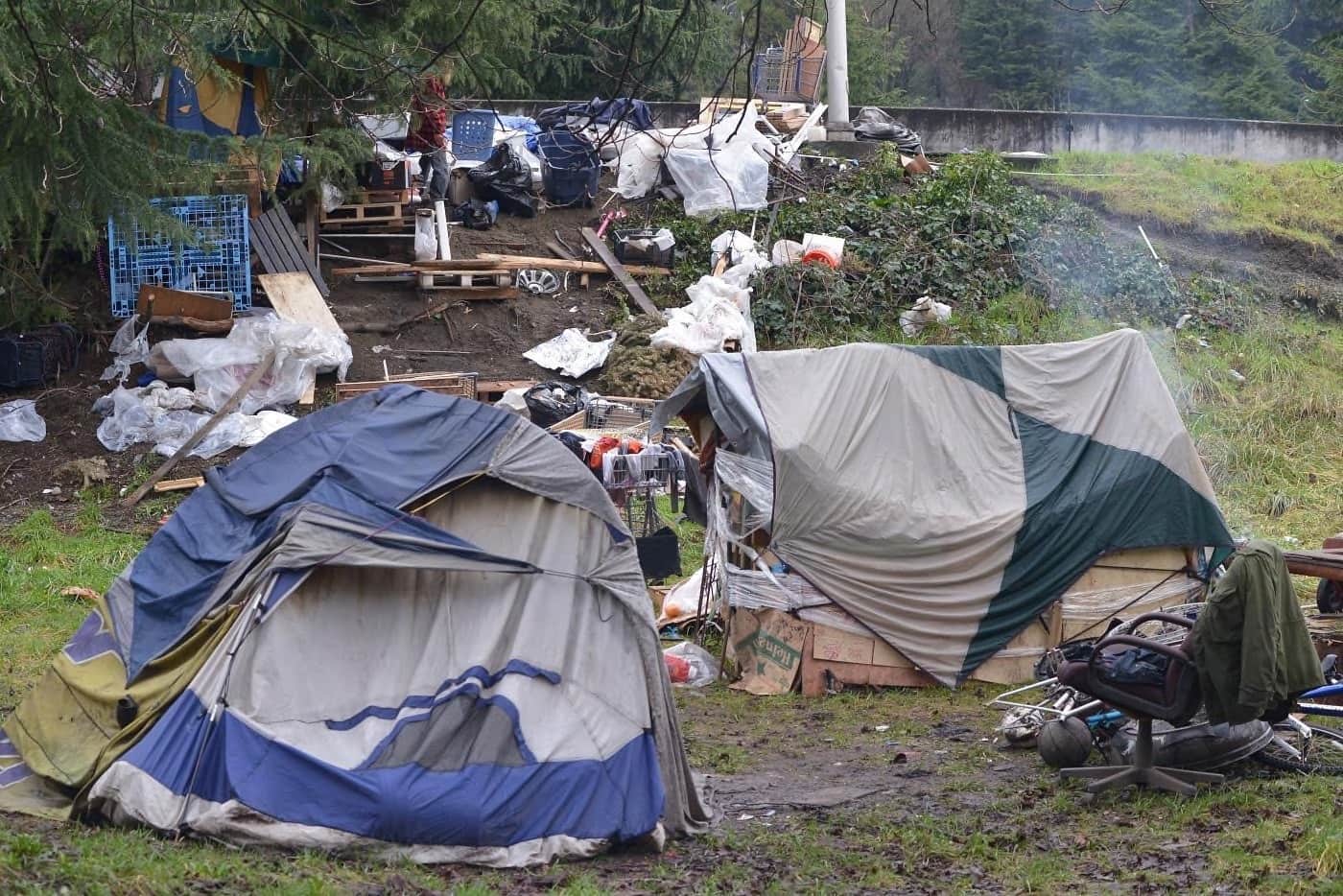New Reports Mean a United Front in Homeless Funding
Yes, ending homelessness is hard. Yes, there are myriad problems causing it. But do we have quantifiable evidence at what’s successful in moving people out of homelessness?
Yes, we do.
Thanks to two new reports – a System Wide Analytics and Project (SWAP) report partly funded by United Way of King County, and a report commissioned by the City of Seattle and conducted by former Executive Director of the U. S. Interagency Council on Homelessness Barbara Poppe – there’s evidence for strengthening our system so that more people exit homelessness. The reports also found while some programs addressing King County homelessness are highly effective, our system is not as effective as it should or could be. As a result, the top three funders of homeless services – the City of Seattle, King County and United Way of King County – have signed a funding memorandum of understanding to force significant reforms to how homeless services contracts are administered and funded.
Helping people experiencing homelessness achieve shelter is crucial. We believe that everyone in King County needs real shelter and it’s unacceptable to expect families and individuals to stay in tents. Encampments and emergency services are not the answer as they have not succeeded in ending our homelessness crisis.
We invest approximately $9 million homelessness annually, compared to approximately $60+ million from the City and County combined. These funds can make a much bigger impact when we shift the focus away from emergency services and crisis response to shelter and housing. A new agreed upon funder-based system, rather than a provider-based one, means resources can go where they’ll do the most good.
In the coming months, funding decisions will have to be made to reward non-profits that show measurable results in housing more people, while penalizing organizations that are not housing people effectively, however noble their work might be. Our donors have asked us to do more to end homelessness. The results outlined in the SWAP report will allow us to do that.





Comments